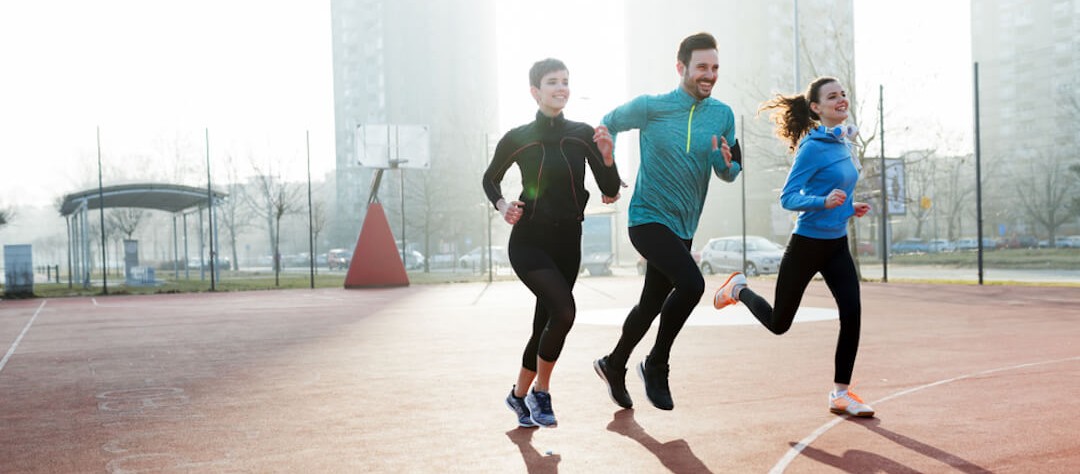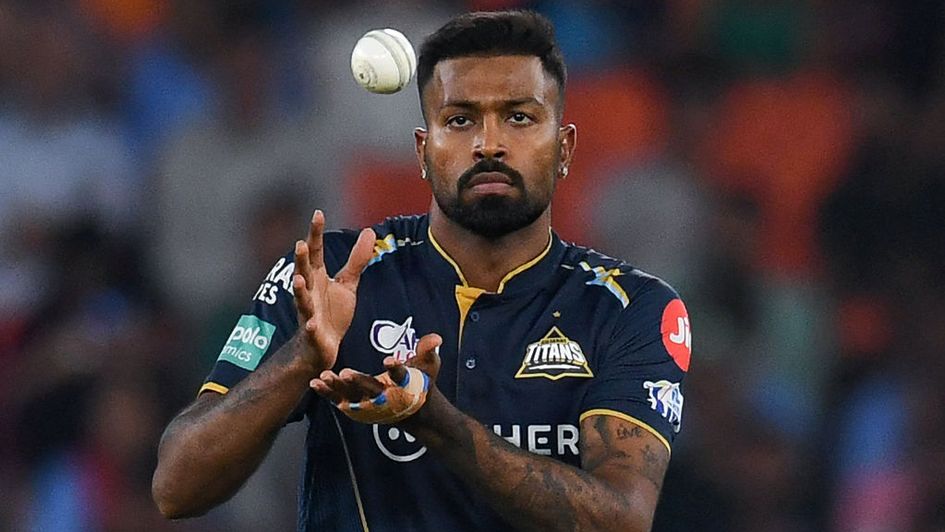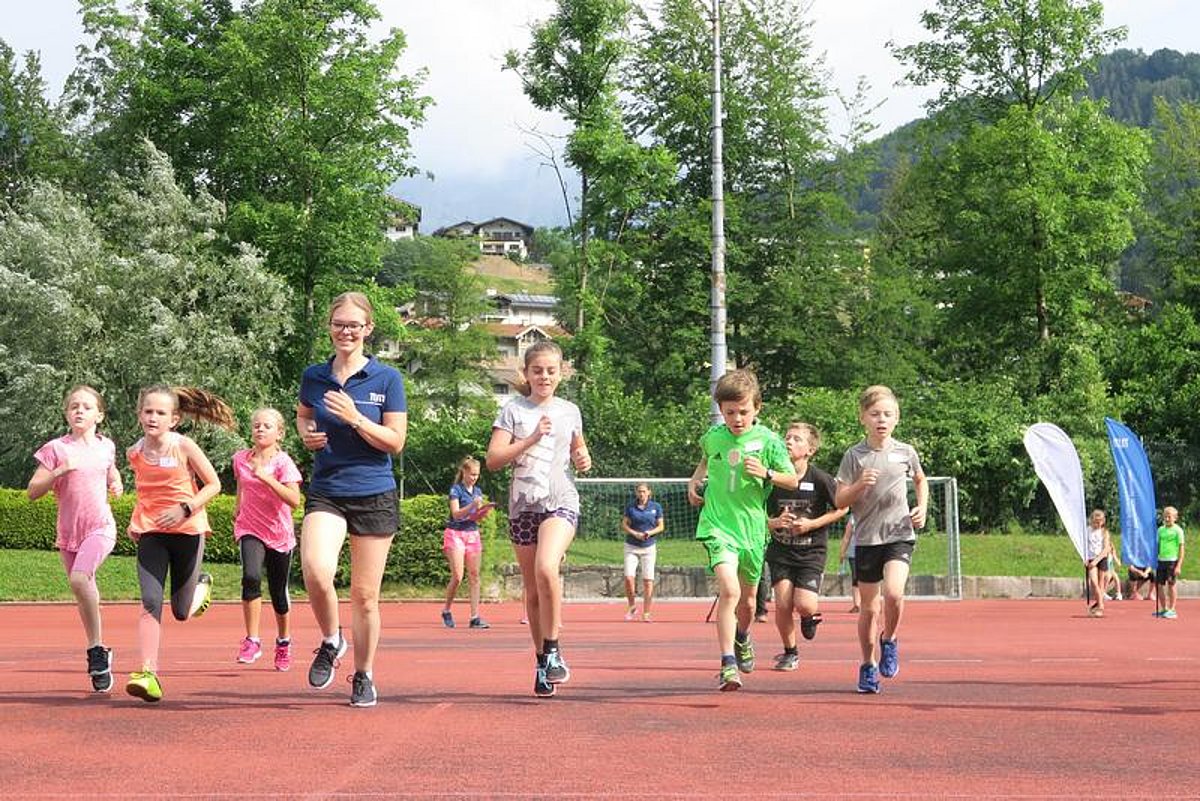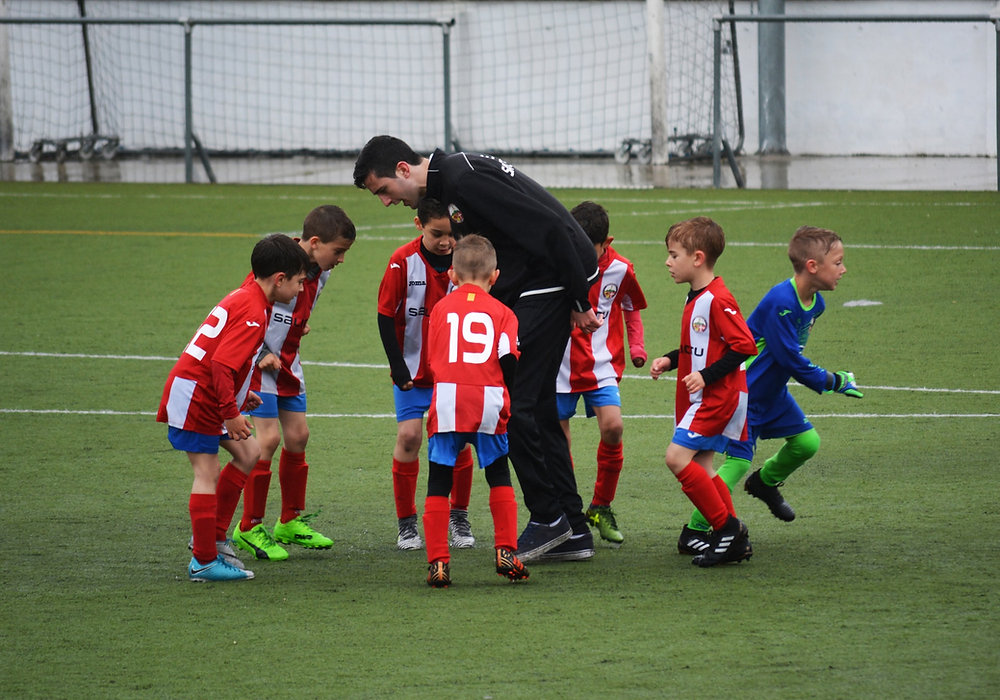Sports have always been an integral part of human culture, transcending boundaries, languages, and backgrounds. Beyond the realm of physical fitness and competition, sports have a profound impact on personal growth and the development of essential life skills. Whether you’re a young child picking up a soccer ball for the first time or a seasoned athlete competing at the highest level, sports offer a unique platform for individuals to grow, learn, and develop valuable skills that extend far beyond the playing field. In this exploration, we will delve into the effects of sports on personal growth and life skills, shedding light on the numerous ways in which participation in sports enriches our lives.
Physical Fitness and Health
One of the most obvious and immediate benefits of engaging in sports is the improvement of physical fitness and health. Regular participation in sports helps individuals build strength, endurance, and flexibility. It also contributes to cardiovascular health, reducing the risk of heart disease and obesity. The importance of physical fitness cannot be overstated, as it forms the foundation for a healthy and fulfilling life. Engaging in sports encourages individuals to stay active, leading to better overall health and longevity.
Teamwork and Collaboration
Team sports, such as soccer, basketball, and volleyball, provide an excellent opportunity for individuals to develop teamwork and collaboration skills. Being part of a team teaches the importance of working together toward a common goal. Athletes learn to communicate effectively, trust their teammates, and understand the value of each team member’s contributions. These skills are not only applicable on the field but also in various aspects of life, such as the workplace, family, and social relationships. The ability to collaborate with others is a fundamental life skill that can lead to success in various endeavors.
Discipline and Time Management
Success in sports requires discipline and time management. Athletes must adhere to a training schedule, maintain a healthy diet, and prioritize their physical well-being. These habits extend beyond the field and become a part of an athlete’s daily life. Learning to manage time effectively is a valuable skill that helps individuals balance their responsibilities and achieve their goals. This discipline and time management translate into success in academic pursuits, careers, and personal development.
Resilience and Perseverance
Sports often present challenges and setbacks, whether it’s a losing streak, an injury, or a missed opportunity. Athletes learn the importance of resilience and perseverance in the face of adversity. They understand that failure is a part of the journey to success and that setbacks are opportunities for growth. These qualities are not only beneficial in sports but also in navigating life’s challenges. Athletes are more likely to approach difficulties with a positive mindset and the determination to overcome them.
Goal Setting and Achievement
Setting and achieving goals is a fundamental aspect of sports. Athletes strive to improve their skills, break personal records, and win competitions. This goal-oriented mindset carries over into other areas of life. Athletes are more likely to set and pursue ambitious goals in academics, careers, and personal development. They understand the importance of hard work and dedication in achieving their aspirations.
Leadership and Communication
Participation in sports often leads to the development of leadership skills. Team captains, coaches, and experienced athletes take on leadership roles and learn how to motivate and inspire their teammates. Effective communication is essential in sports, as it ensures that team members are on the same page and can execute strategies successfully. These leadership and communication skills are transferable to leadership positions in the workplace and other group settings.
Confidence and Self-Esteem
Success in sports, whether it’s making a winning shot or achieving a personal best, boosts an individual’s confidence and self-esteem. This newfound confidence extends to other aspects of life, such as public speaking, job interviews, and social interactions. Athletes are more likely to believe in themselves and their abilities, which can lead to greater personal and professional success.
Stress Management and Mental Health
Engaging in sports provides an outlet for stress relief and promotes positive mental health. Physical activity triggers the release of endorphins, which are natural mood lifters. Additionally, the structured nature of sports, including practice sessions and competitions, can help individuals manage stress by providing a sense of routine and purpose. Regular exercise has been shown to reduce symptoms of anxiety and depression, making it a valuable tool for maintaining mental well-being.
Respect and Sportsmanship
Sportsmanship is a cornerstone of sports culture. Athletes are taught to respect their opponents, coaches, officials, and the rules of the game. This emphasis on respect extends beyond the playing field, fostering a sense of civility and decency in all aspects of life. Athletes are more likely to be gracious winners and graceful losers, which contributes to a positive and respectful society.
Cultural Awareness and Inclusivity
Sports have the power to bridge cultural gaps and promote inclusivity. When individuals from diverse backgrounds come together to play a sport, they learn to appreciate and respect different cultures and perspectives. Sports events, such as the Olympics, showcase the unity and camaraderie that can exist among people from all over the world. This cultural awareness and inclusivity are essential in today’s globalized society, where interactions with people from various backgrounds are commonplace.
Healthy Lifestyle Choices
Participation in sports encourages individuals to make healthy lifestyle choices. Athletes prioritize nutritious diets, adequate sleep, and responsible behavior, as these factors directly impact their performance. These habits can extend to other areas of life, leading to healthier choices in diet, sleep, and overall lifestyle. Sports serve as a powerful motivator for adopting and maintaining a healthy way of life.
Time Management and Academic Success
Contrary to the belief that sports can hinder academic performance, many studies have shown that student-athletes often excel academically. The discipline and time management skills developed through sports help students balance their athletic commitments with their studies. Student-athletes learn to prioritize their time effectively, ensuring they meet both their athletic and academic goals. Furthermore, sports scholarships and opportunities for higher education can be a direct result of an athlete’s dedication to their sport.
Conflict Resolution and Fair Play
In the heat of competition, conflicts can arise between players, coaches, and even fans. Sports teach individuals how to resolve conflicts in a constructive and fair manner. Athletes learn to follow the rules, accept the decisions of referees and officials, and engage in healthy competition. These conflict resolution and fair play skills are invaluable in relationships, workplaces, and everyday interactions.
Community and Social Engagement
Sports have the power to bring communities together. Whether it’s a local soccer match or a major sporting event, sports provide a common ground for people to connect, celebrate, and support one another. Communities often rally around their local teams and athletes, fostering a sense of belonging and pride. This sense of community engagement extends to volunteer opportunities, charity events, and initiatives that use sports as a vehicle for positive change.
Character Development and Values
Participation in sports contributes to the development of character and values. Athletes learn the importance of integrity, honesty, and fair play. They are encouraged to set a positive example for others and uphold the values of sportsmanship. These character traits and values shape individuals into responsible and ethical members of society.
Healthy Competition and Motivation
Competition is an inherent part of sports, but it is not solely about winning. Healthy competition teaches individuals how to set goals, strive for excellence, and push their limits. Athletes often compete against themselves, aiming to surpass their own previous performances. This intrinsic motivation to improve extends to other areas of life, where individuals seek personal growth and development.
Long-Term Benefits of Sports on Personal Growth and Life Skills
The effects of sports on personal growth and life skills are not limited to the duration of an athlete’s competitive career. Many of the skills and qualities developed through sports continue to benefit individuals long after they have retired from active participation. Here are some long-term benefits:
- Lifelong Fitness: The habit of staying active and valuing physical fitness learned through sports can lead to a lifetime of good health and well-being.
- Leadership Opportunities: Former athletes often take on leadership roles in their communities, workplaces, and other organizations, drawing upon the leadership skills honed during their sporting careers.
- Mental Toughness: The ability to face challenges with resilience and determination remains a valuable asset in navigating the ups and downs of life.
- Networking: The social connections formed through sports can lead to valuable networking opportunities, both personally and professionally.
- Parenting Skills: Former athletes often pass on their love for sports and the values associated with them to their children, fostering a new generation of sports enthusiasts.
- Healthy Lifestyle Choices: The healthy habits developed during athletic careers tend to persist, leading to better choices in nutrition, sleep, and overall lifestyle.
- Community Involvement: Many former athletes become active members of their communities, using their influence and skills to give back and make a positive impact.
In summary, the effects of sports on personal growth and life skills are multifaceted and profound. Engaging in sports offers a wide range of physical, mental, and social benefits that extend far beyond the confines of the playing field. From physical fitness and teamwork to discipline and resilience, the skills and qualities cultivated through sports are invaluable assets in leading a fulfilling and successful life. Whether you’re a professional athlete or someone who enjoys recreational sports, the lessons learned through sports have the power to shape your character, enhance your well-being, and enrich your journey through life. So, lace up your sneakers, grab your racket, or kick that soccer ball – because the world of sports is not just a game; it’s a transformative experience.











